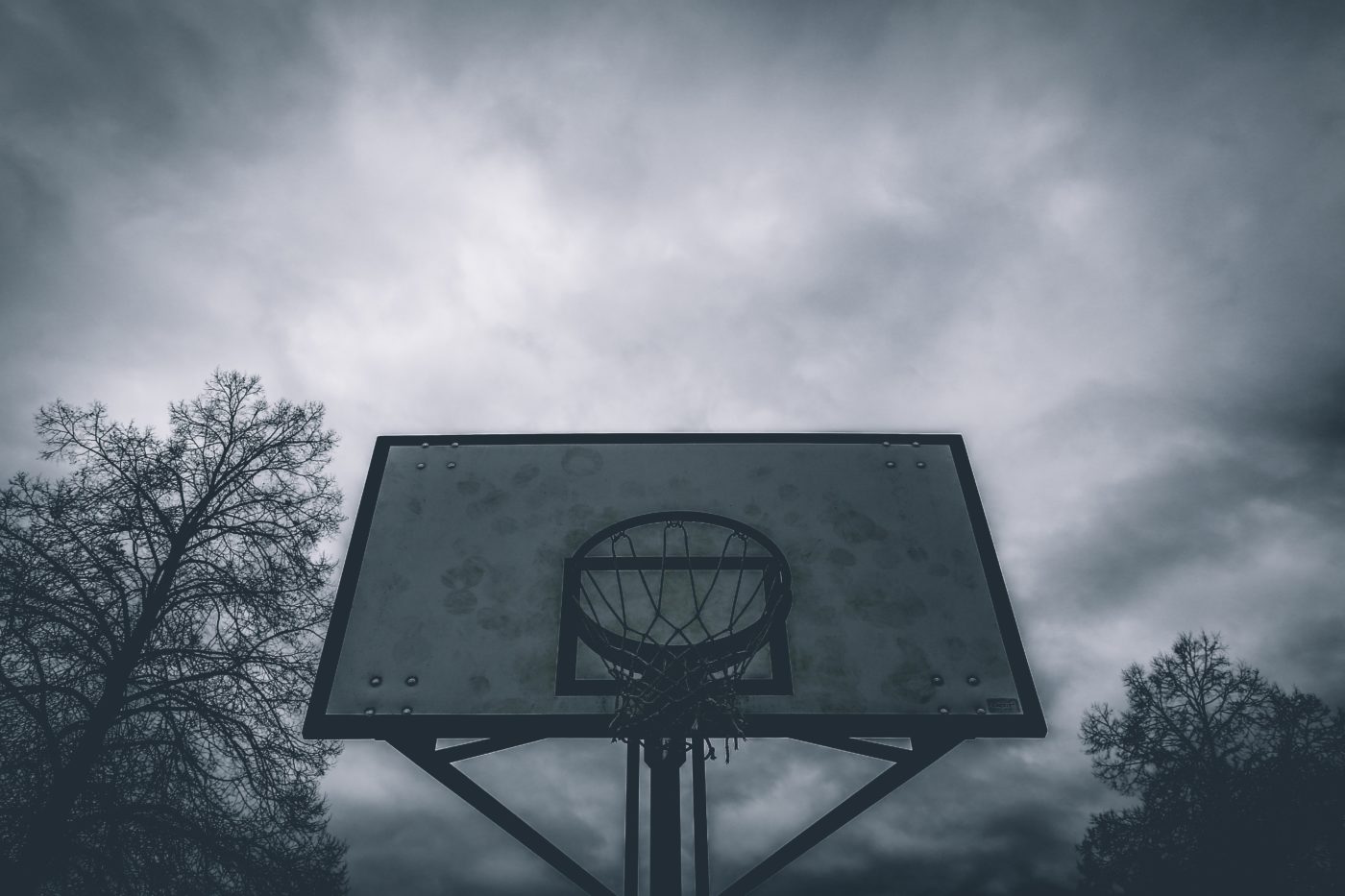
Kobe, Shaq, & Learning from Loss
Shaquille O’Neal could teach classes on many subjects: basketball, recording artistry, investments, and sports analysis. Yet in a recent interview following the untimely death of former Lakers teammate Kobe Bryant, Shaq taught a 5-minute master class on discerning what is truly valuable.
On January 26, 2020, Kobe Bryant and his 13-year-old daughter were among nine fatalities of a helicopter crash. The entire sports world is reeling at the death of one of its finest athletes ever, and multiple NBA arenas have honored Kobe through various moments of silence. As a result of three consecutive NBA championships, the athlete most connected with Kobe in the public’s memory is Shaquille O’Neal. So, when Shaq described the loss by saying, “I haven’t felt a pain that sharp in a while,” the audience could feel it.
“I lost a little brother,” Shaq explained of his relationship with Kobe.
He went on to give an unscripted wish list of what would now never take place: Shaq and Kobe wouldn’t be able to joke around with each other at Kobe’s Hall of Fame ceremony. Kobe wouldn’t get to rub it in that he had won 5 championships, with Shaq only winning 4. They never would get to speculate on how many they could have won if they had both stayed together on the Lakers. “Those are the things you can’t get back. . . . I wish I could just say something to him again.”
Shaq then funneled his memories and wishes into a main point of application:
“So I’m going to try to do a better job of just reaching out and just talking to the people rather than always procrastinating. Cause you never know.”
That’s a pretty good master class in itself, but I think there’s still more that Shaquille O’Neal communicated without actually saying the words. Let me try to articulate it below.
Kobe gave Shaq some things that most basketball players would give anything for. Most notably, Kobe helped give Shaq not one, but three NBA championship rings. It’s because of Kobe that they became the next Jordan-Pippen duo and brought the Lakers dynasty back to life.
All of which begs the question: With all that Kobe gave Shaq, why should Shaq be so heartbroken that Kobe is gone? Didn’t Kobe already give Shaq the things which are truly valuable?
Yet it is no exaggeration to say that, at this moment, Shaq values the idea of joking around about rings with his friend at a Hall of Fame ceremony more than he values the rings themselves. Recall that those championship rings are what many athletes would give anything to get.
Jesus once said, “Of how much more value is a man than a sheep!” (Matthew 12:12). In the context of sports, that value system could translate into, “Of how much more value is a brother than many rings!”
In this interview, we see Shaq communicate a lesson I often drill into my kids: People are more important than things. Why should you share your new toy with your sister? It’s because people are more important than things. Why should you forgive the little brother who ruined your painting? It’s because people are more important than things. Why give money to sponsor children living in poverty? It’s because people are more important than things.
Your kids may end up teaching this lesson to you as well.
Let’s say that, thanks to your intentional parenting, your kids end up giving you things like straight A’s on grade cards and all-star performance on the court. Even still, when they go off to college, it is not the grades or the stats that you will miss. It will be the kids that you miss. In their absence, your kids will teach you that people are more important than things.
The sooner you learn this lesson, the less regret you will accumulate. Once again, take Shaq’s commitment to heart: “So I’m going to try to do a better job of just reaching out and just talking to the people rather than always procrastinating. Cause you never know.”








